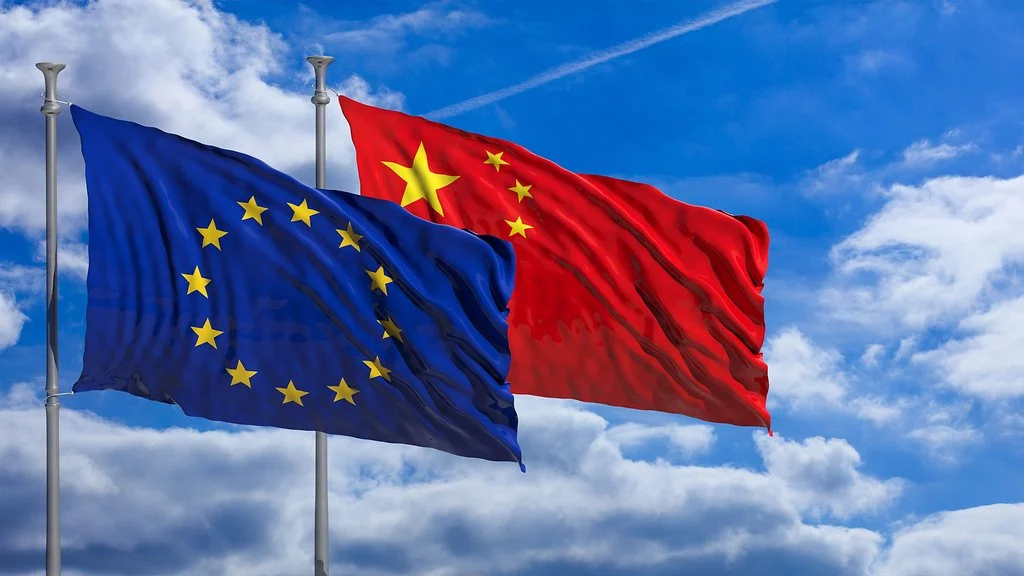
Published 10/23/2024 11:43 | Edited 10/23/2024 11:56
Pressured by the United States, the European Union has been taking a series of measures against China that will end up bringing more harm than good to Europeans. In a way, what the Europeans are doing towards China is somewhat reminiscent of their attitude towards the war in Ukraine. In the case of the war in Ukraine, pressured by the United States, the European Union cut ties with Russia, which was its main supplier of cheap energy.
The result was a brutal increase in the cost of energy and greater dependence on gas imported from the United States, which is much more expensive, further compromising the competitiveness of its struggling economy and the well-being of European citizens. Furthermore, by picking an unnecessary fight with a powerful neighbor, in this case, Russia, it has placed itself as a target, while the United States, protected by two oceans, sees the European continent once again becoming the scene of a great conflict.
In the case of China, the pattern repeats itself. Not taking into account that the decoupling between the United States and China could represent an opportunity for their companies to occupy the empty space that is being left by North American companies in China, the Europeans prefer to act as an auxiliary line for the United States.
Also read: Two bowls of poison: the American elections seen from China
Take the example of electric cars. Instead of negotiating some kind of agreement with the Chinese that would be advantageous for both sides, the European Union is about to approve a new tariff to make it more difficult for Chinese electric cars to enter the European market. It is, moreover, an incoherent attitude, since, on the one hand, the EU has been adopting increasingly restrictive environmental standards, on the other hand, it closes the door to Chinese electric cars which, as they are cheap, could serve a higher level of consumers not reached by their local manufacturers of much more expensive electric vehicles.
As the Financial Times reported (20/9), “Chinese carmakers have warned they will reduce investment in the EU if it imposes tariffs on electric vehicle imports next month. “Certain Chinese companies noted that if the EU proceeds with imposing additional tariffs, their existing investment plans will have to be re-evaluated as their confidence in the EU investment environment will decline,” the China Chamber of Commerce told the EU after a meeting with Beijing Commerce Minister Wang Wentao in Brussels. Wang held last-minute talks on Thursday with European Trade Commissioner Valdis Dombrovskis in a bid to lift the tariffs. They said they will hold further discussions on the matter.” According to the newspaper, “Chinese electric vehicles are already subject to a 10% tariff, but EU member states will soon vote on whether to approve additional tariffs, which range up to 35.3%, for five years. ”
If the EU goes ahead with increasing tariffs, countries with strong ties to the Chinese automobile market, such as Germany, Hungary and Sweden, could be harmed. European automobile companies with a strong presence in the Chinese market, such as Mercedes-Benz and Volkswagen, which obtain half of their global revenue in China, will suffer losses, as in addition to serving the Chinese market, they supply the world market from their factories in China.
Also read: Chinese investments in Brazil strengthen ties between countries
The European Union is taking the same obtuse attitude towards China as the United States. Instead of facing Chinese competition as a challenge to increase its competitive advantages, whether in terms of quality or cost, it prefers to adopt a defensive and protectionist attitude to prevent Chinese competitors from taking over the market from its aging local companies.
__
Editing: Bárbara Luz
Source: vermelho.org.br

